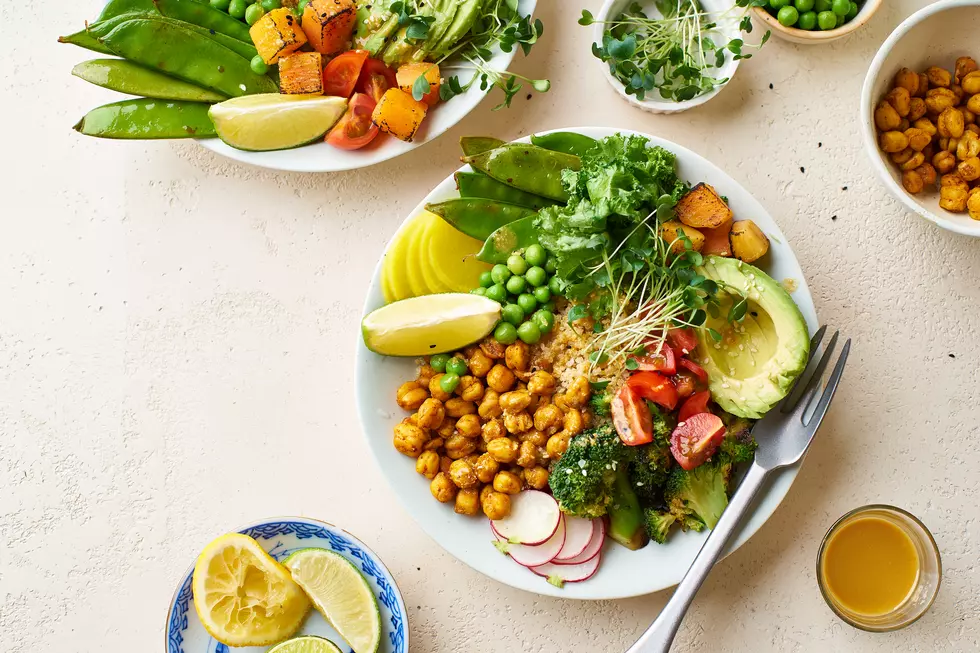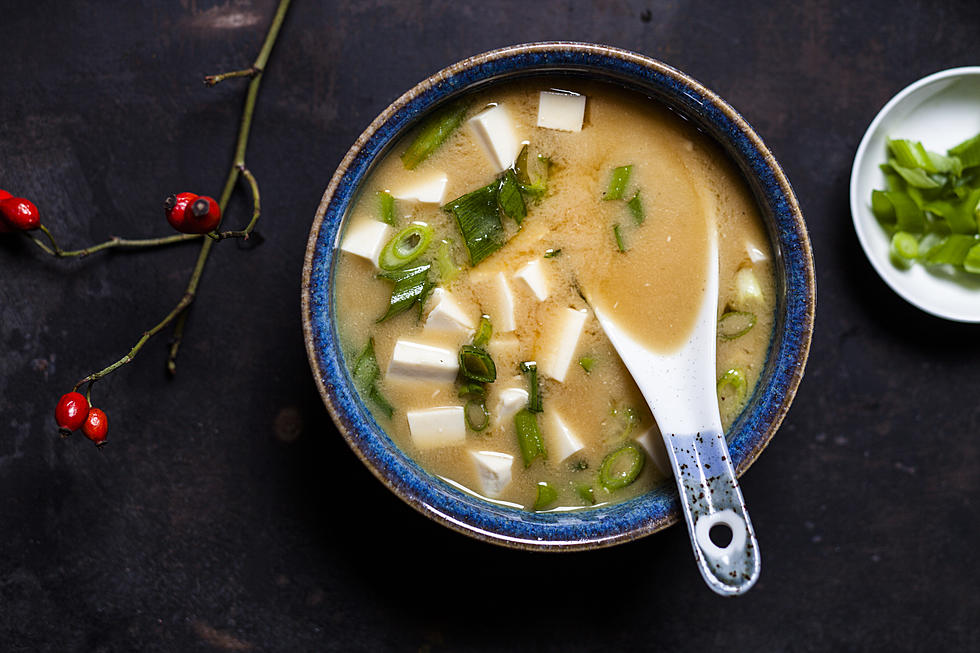
What Are the Healthiest Oils to Cook With? You May Be Surprised
A splash of oil makes everything taste better. Unfortunately, it tends to get a bad rap. With the rise of the #oilfree hashtag on Instagram, it’s easy to start seeing it as a diet no-no, but don’t write it off just yet. According to the experts, there’s certainly room for it in a healthy diet—especially when you choose the right kind. And though we have all been brainwashed to believe that Extra Virgin Olive Oil is the fountain of youth, it's not actually the best choice when you start to heat up tonight's stir fry or pasta sauce.
You need to know the difference between the best oils for cooking, oils for salad dressing, the best oils for baking and frying, and those that work best at room temperature. It all has to do with the smoke point, which is essentially the temperature that the oil starts to smoke when heated. This matters – a lot.
While Lauren McNeill, RD, MPH, owner of Tasting to Thrive always encourages her clients to choose fat from whole food sources often — including nuts, seeds, avocados, and olives — as they “contain nutrients and fiber that oils don’t have, so they keep you feeling more satisfied and fuller for longer,” she’ll never tell you to forbid oil from your diet completely. “I don’t believe in putting prescriptive limitations on any type of food—oil included,” she says. And there are a couple of different factors that go into choosing the best oils to cook with.
What is the Healthiest Oil to Cook With?
When cooking with oil, the most important factor to start with is what's called the "smoke point" since it can determine the impact the oil has on your food and your body. “This is the point in heating when the oil starts to smoke, destroying any antioxidants that might be present and potentially creating harmful free radicals,” McNeill explains. That’s why she always recommends choosing an oil with a high smoke point over those with a low smoke point.
Oils that have the highest smoke points-- meaning 400 degrees F and higher -- include avocado oil (refined), almond oil, corn oil, canola oil, grapeseed oil, peanut oil, safflower oil, sesame oil, and sunflower oil. These oils are better suited for cooking at higher temperatures, since nutrients and phytochemicals found in unrefined oils are destroyed when oil gets overheated, and burning the oil can also create harmful free radicals. (The whole point of eating plant-based is to increase our anti-oxidants, fiber, and nutrients in our food so this is anathema to the purpose of going plant-based in the first place.) So the higher the smoke point, the more nutrients you get from the oil and the fewer carcinogens in your food.
Is Palm Oil Healthy?
Another key to choosing oils? The amount of omega-6s and omega-3s. “We need to be cognizant of the amount of omega-6 rich foods we’re consuming because the ratio of omega-6 rich foods that we’re consuming compared to omega-3 is very important,” she says. “Fortunately, omega-6 can already be found in abundance in our current food system," McNeill says. Because of that, most people only need to focus on consuming more omega-3-rich foods, such as flaxseed oil, chia seeds, walnuts, and algal oil. They can actually eat fewer omega-6-rich foods, such as soybeans, corn, safflower and sunflower oils, nuts and seeds, and of course meat, poultry, fish, and eggs.
Palm oil, which has a high smoke point, has a high saturated fat content and is controversial since while it may be healthy for your brain it may not be healthy for your heart. Our best advice: Steer clear of it unless it's in small quantities.
Is Avocado Oil Good for You?
Factoring in both the smoke point and the goal of increasing the amount of omega-3s in your diet, there’s always one oil McNeill suggests reaching for first: Avocado oil, which is loaded with healthy fats. “It can be sautéed or roasted, and has a neutral taste, which is important for cooking,” she says. Also great choices? “Almond oil, light olive oil (not extra-virgin), and coconut oil.”
Our favorite avocado oil is made by Chosen Foods and can be purchased at your local grocery store. Try the brand's spray for an easy cooking option.
The Smoke Points of Cooking Oils
Bottom line: Cook with the following high smoke point oils:
Avocado oil (refined) -- smoke point 520 F
Palm oil -- smoke point 455 F
Soybean oil -- smoke point 453 F
Flaxseed oil -- smoke point 450 F
Sunflower oil -- smoke point 450 F
Almond oil -- smoke point 450 F
Coconut oil -- smoke point 450
Canola oil -- smoke point 428 F
Grapeseed oil -- smoke point 421 F
Bottom Line: Avocado may be the healthiest oil to cook with.
Don’t worry: Beloved extra-virgin oil and sesame oil are both fine to eat, but McNeill says they’re best used in uncooked dishes, like salads, dips, and hummus. Healthy cooking, here you come.
For more expert advice, visit The Beet's Health & Nutrition articles.
More From The Beet









